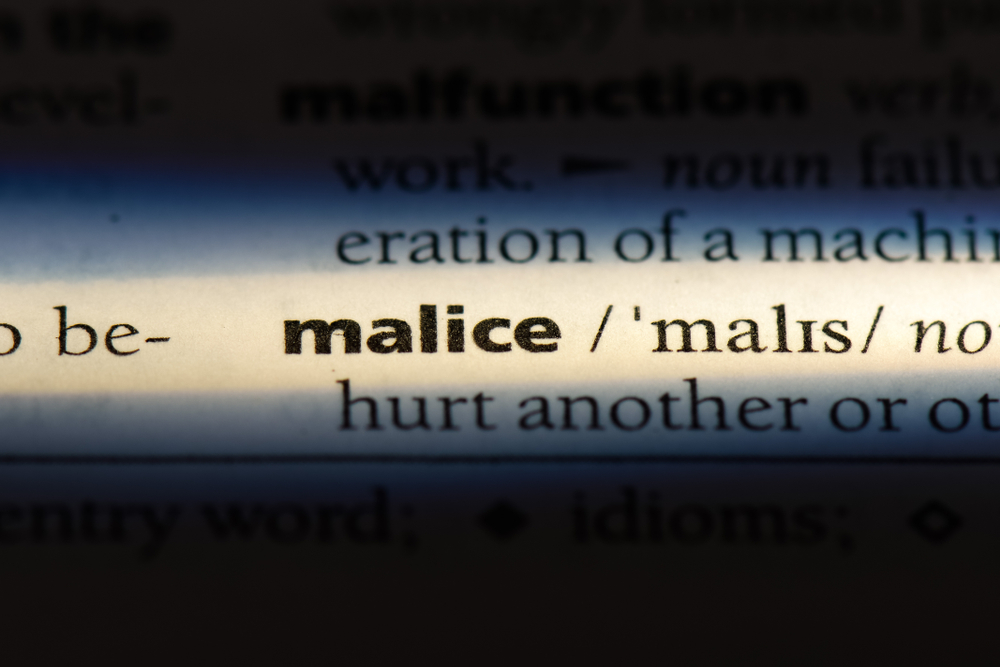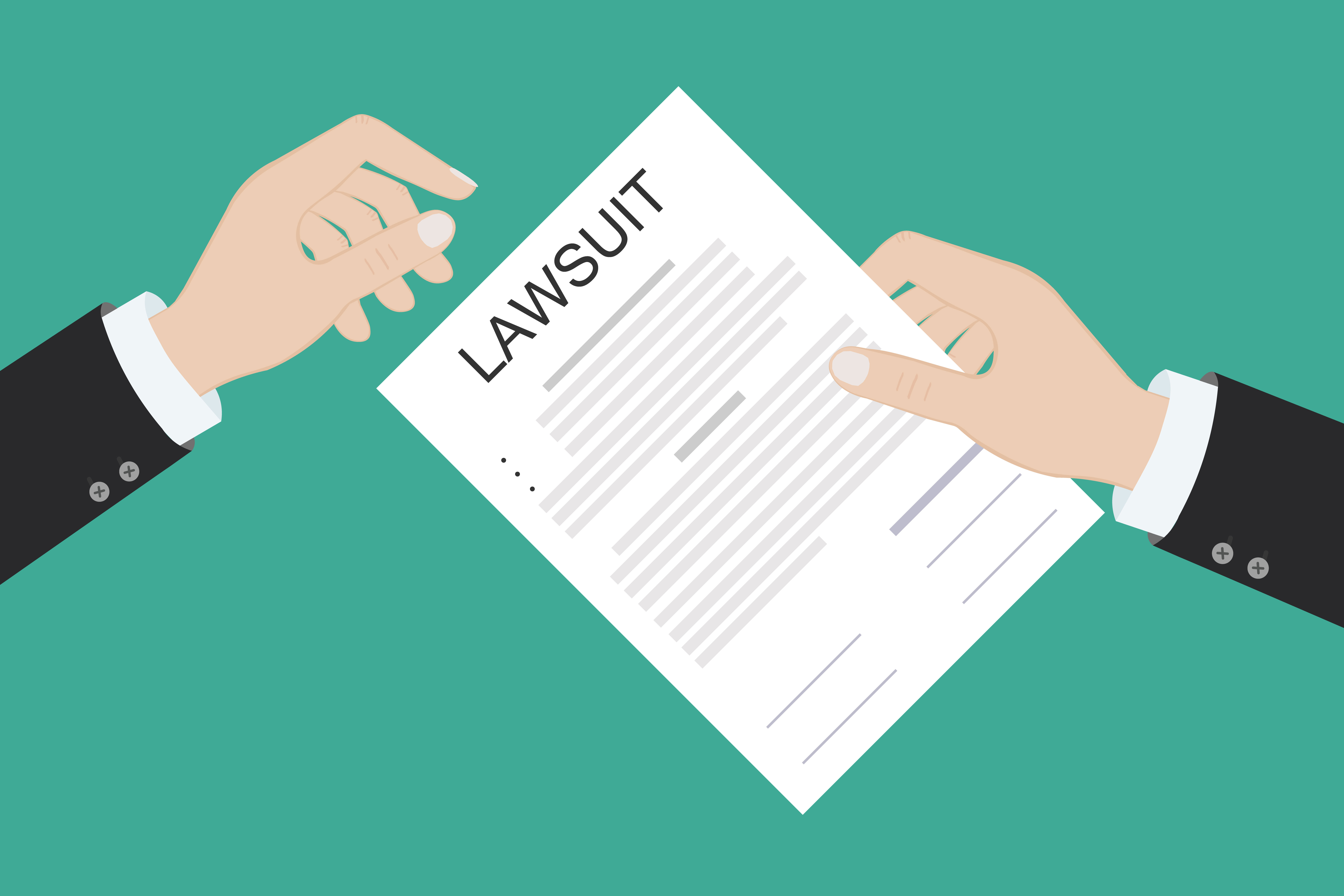Employer cannot Retaliate against Employee for Workers’ Compensation Claim
In prior postings, I talked about Florida’s private Whistleblower Act and Florida’s Public Whistleblower Act dealing with retaliatory terminations. Besides these whistleblower protections, there is also protection in Florida’s Workers’ Compensation Law that states: 440.205 Coercion of employees.—No employer shall discharge, threaten to discharge, intimidate, or coerce any employee by reason of such employee’s valid claim for compensation or attempt to claim compensation under the Workers’ Compensation Law. To support an employment retaliation claim: [A] plaintiff must prove the following three elements: 1) the plaintiff was engaged in protected activity; 2) the plaintiff was thereafter subjected by his employer to an adverse employment action; and...
Continue reading












